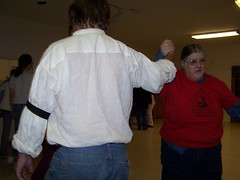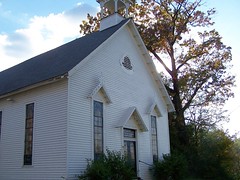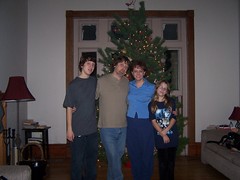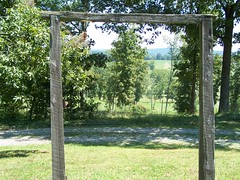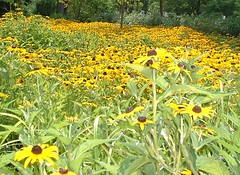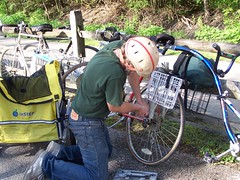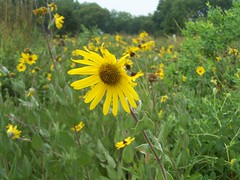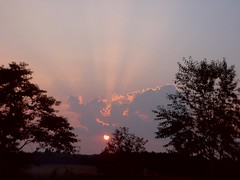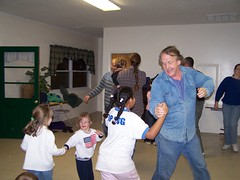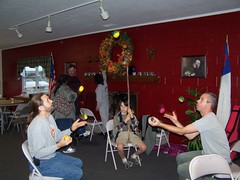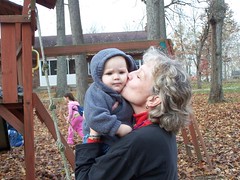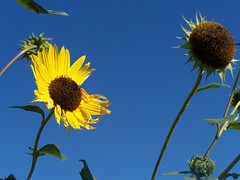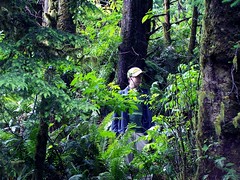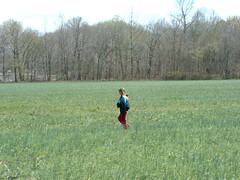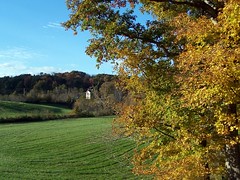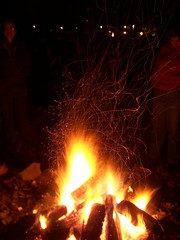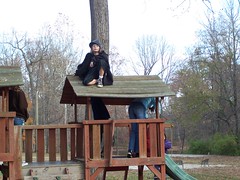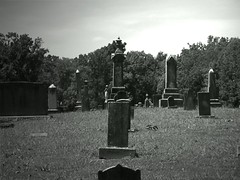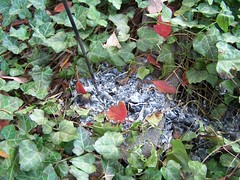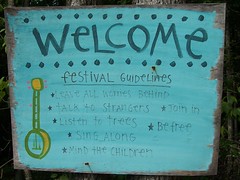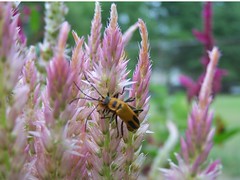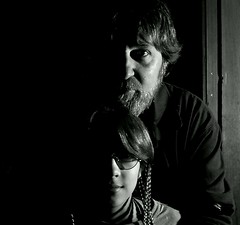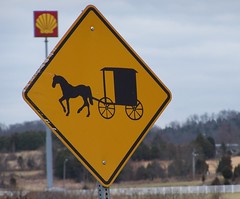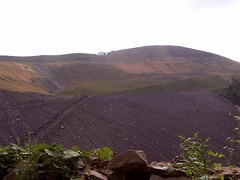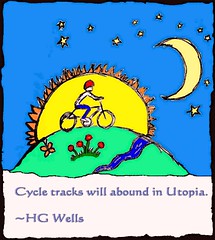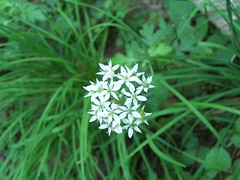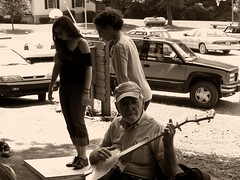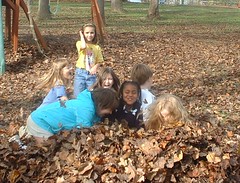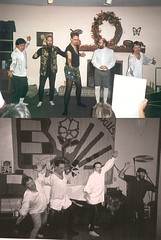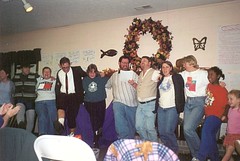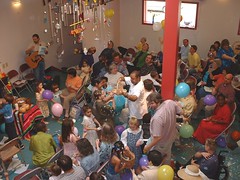Our pastor has returned from a Sabbatical and we are overjoyed to have her back. She preached her first sermon since returning this last Sunday and knocked the ball out of the park.She tackled the tough passage where Jesus tells his disciples "The poor, you will always have with you..." which has so often been used like a club against the poor instead of in the context of a God who sides with the poor.Here's an excerpt:It was cold when I woke up on Friday morning. I lay there for a few minutes in my warm bed, and I thought of the women of Tarmilat [Morocco - one place Cindy has sojourned while Sabbating], and I wondered what it was like for them to wake up on such a cold morning. Would their blankets have kept them warm, I wondered, as I imagined them cooking bread over their fires in the early morning darkness.
That led me to think of the migrants that I heard about while I was in Morocco. I had the incredible privilege of sharing a lunch with two of Karen’s best friends, David and Julie, who work with migrants in Casablanca and Rabat. They explained to me that there are currently at least 15,000 migrants from Africa in Morocco, and that there another 300,000 on the way to Morocco.
These people have fled or are fleeing from their own violence-ridden, poverty-torn countries, and they come to Morocco hoping to be able to make their way to Europe, which most often involves a very dangerous crossing of the Strait of Gibraltar. Once they get to Morocco, however, they are often robbed and beaten and worse by gangs of thugs, this has already happened, most likely, in their countries of origin, but it happens again and sometimes again, they are sometimes rounded up by government officials and transported back out of Morocco, i.e., dropped out in the desert of Algeria with no more than the shirts on the their backs.
And though the King of Morocco says that they are allowed education and health care, they are always refused both when they actually show up to get it, which is seldom, because they don’t want to be rounded up and dropped out in the desert, right? Though a family was so desperate a few weeks ago that they brought their 12 year old daughter, to the hospital twice. She was denied service both times, and died.
So David and Julie, fresh from that great grief, told me how they provide for some of the very basic needs of these families. They do intake several days a week, and then have to decide who they can help with the little that they have. We talked about the possibility of Jeff Street entering into a sister church relationship with the church in Oujda, which is on the border of Morocco and Algeria, and is the entry for the migrants into Morocco. It was Karen’s idea, and David lit up at the prospect.
For $200 a year, he said, they could buy 50 blankets or 50 jackets for the migrants. They are living out in the woods, he said, waiting for a safe time to enter the country. And you could buy them some Bibles, too, he said, explaining that many of the migrants from Nigeria beg him, beg him for Bibles. In fact, I took him about twelve to give out, and he said, ‘Oh, they will be so happy!’
And so, back to my warm bed, after I thought of the women of Tarmilat, I thought of the migrants near Oujda who need blankets and Bibles so badly.
And then, I wondered about our homeless guys here, the ones who come to our Hospitality Program every morning. Many of them sleep outside, and I wondered if they had blankets yet, if they had jackets, if they had socks.
Oh yes, the poor are all around, and we can help them anytime we want. Here, and maybe in Oujda, too, down the road a ways.
And it strikes me that this is an invitation that we, in our particular place and time in history, must not take for granted.
=====
Amen, and welcome home.[See video below, featuring Jeff Street folk and friends and music from last Sunday. I experienced some technical difficulties in the recording, so there are a few hiccups. With apologies. - d]
